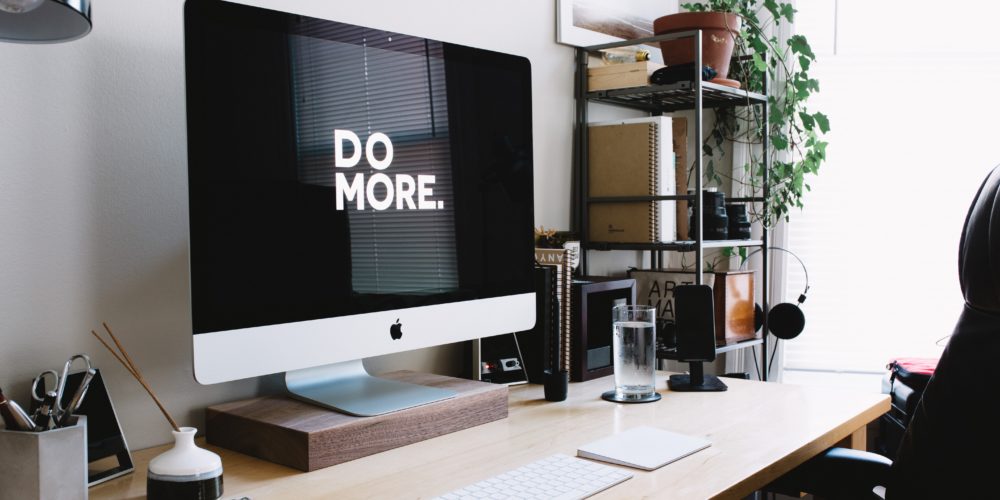Sustainability can mean different things to different people, but in the context of your business, what does it mean to you?
The official definition of being sustainable is: “Understanding how to meet the needs of the present without compromising the needs of future generations to meet their own needs.” 1987: Brundtland Report
To develop a sustainable business you need to think about meeting your current business and clients needs, whilst protecting the environment and resources for the future. It’s about thriving and making sustainable decisions, creating a policy and framework that addresses your business’ long term environmental, social, and human impact.
Being a responsible, ethical business means that you need to consider factors outside of your immediate profit or loss. It’s about setting realistic policies and goals, committing to developing your business in a sustainable way.
Over half the world accept that climate change is a global emergency
Earlier this month, the United Nations Development Programme‘s (UNDP) announced the results of the “Peoples’ Climate Vote“, the largest survey of public opinion on climate change so far. It surveyed over half the world’s population! 64% percent of people believe climate change is a global emergency, despite the ongoing COVID-19 pandemic.
The policies that had wide-ranging support, with the most popular being conserving forests and land (54% public support), more solar, wind and renewable power (53%), adopting climate-friendly farming techniques (52%) and investing more in green businesses and jobs (50%).
Everywhere we look we’re bombarded with stories on climate change, the environment and the pandemic, we know we need to change our ways, and soon.

But what can you do now to make your business more sustainable?
The first step – work out what sustainability means for your business. What are your objectives? Do you want to reduce the amount of waste you send to landfill? Ensure all products purchased are from ethical, fairtrade businesses? Maybe you want to become plastic free or carbon neutral? Write down all the elements of your business that you feel could be improved by achieving your these objectives. This is your starting list, use it to develop smart, realistic goals.
Once you’ve honed in on your sustainable objectives the next step is to create a sustainability policy.
It’s becoming increasingly important for businesses to demonstrate they are working towards becoming more sustainable. We are all under more pressure than ever to meet our environmental responsibilities. Having a a sustainability policy outlines your commitment towards ethical and environmental practices and procedures within your business. It should detail the requirements and practical steps the business will take to enable you to meet the sustainability objectives of your business.
By creating your objectives and putting in place a realistic policy to work towards, your business will have started on it’s sustainable journey. The size of the impact you have as a business is within your control, and regardless of what it is, the impact should be measurable too.
Are you looking for help getting started on your sustainable journey?
We work with businesses to help them understand how they can make their own business more sustainable and what practical steps they need to take to get there. If you’re ready to get started, get in touch.
Home »


